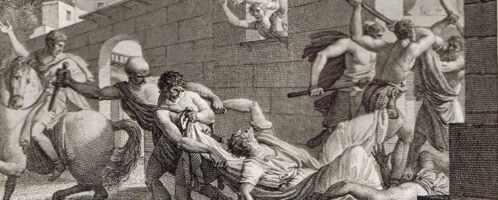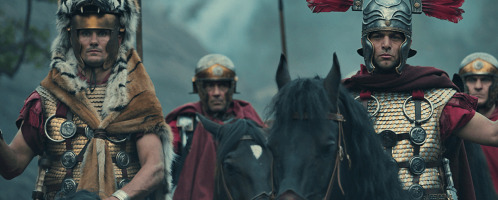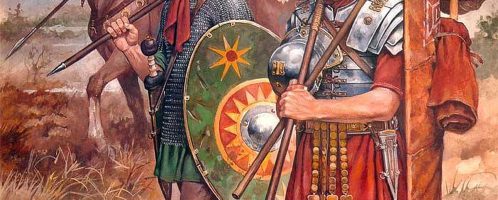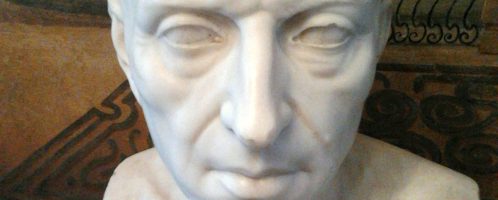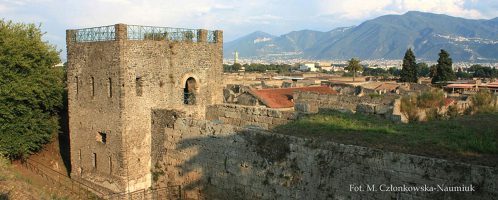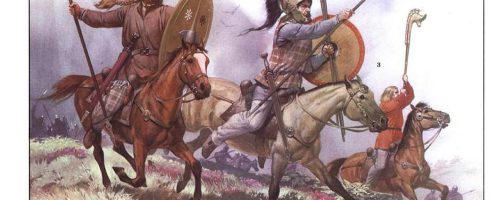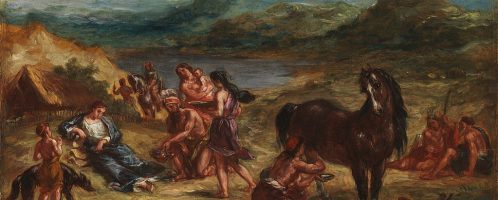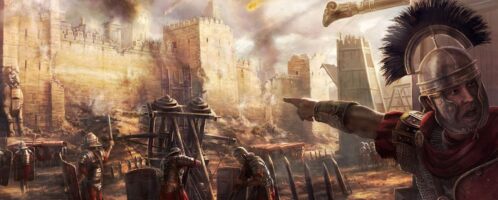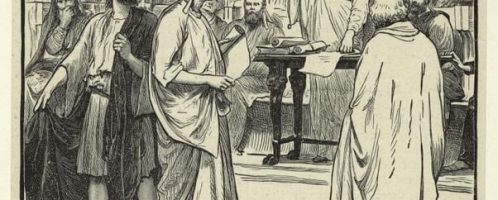Case of Publius Sestius
In the final period of the existence of the Roman Republic, violence became an integral part of politics. In the period under discussion, it was mainly the responsibility of Publius Clodius and Titus Milo. However, apart from them, another politician, Publius Sestius, also played a role in the fighting in the streets.

